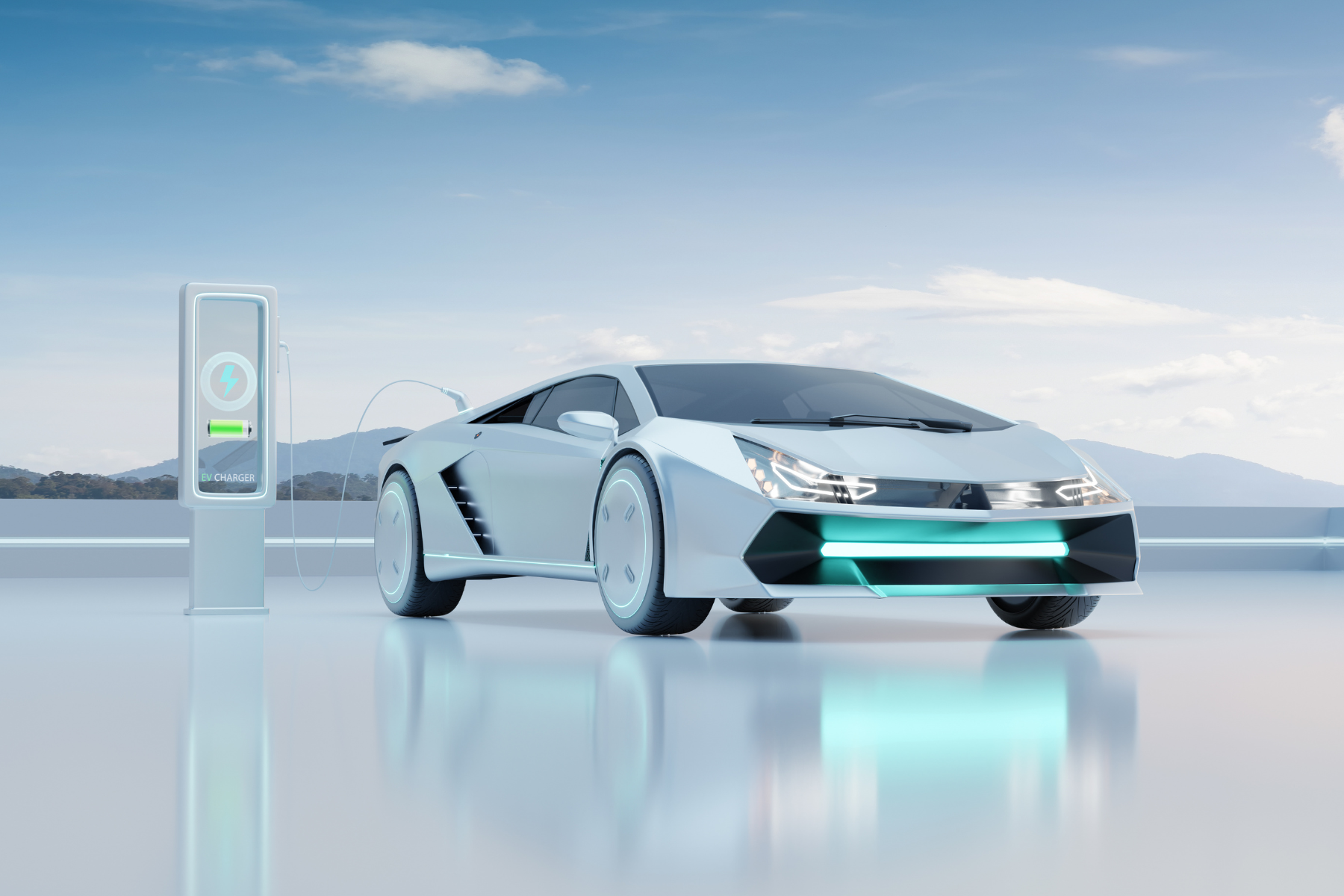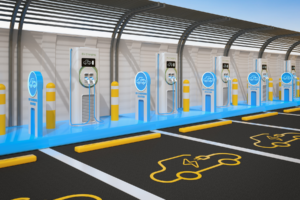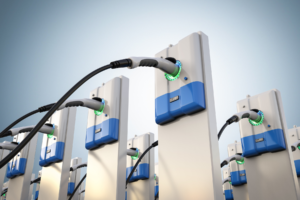SMART VISION
The UK Government has announced its Electric Vehicle (EV) Smart Charging Plan, which aims to make smart charging the preferred option for long-duration EV charging at homes and workplaces by 2025. The plan sets out a vision for smart charging to become the norm within two years. It has been released after extensive work with the Department for Transport (DfT) and energy regulator Ofgem. Originally scheduled for release on 17 January, there was a slight delay before the plan was finally unveiled by the Department for Business, Energy and Industrial Strategy (BEIS).
HOME AND WORK FIRST
The Plan builds on the new mandate for EV charging point sellers, which came into force last summer and requires all units sold for private use to have smart functionality. It also sets out new measures to scale smart charging and improve the consumer experience in the coming years, with a focus on charging at home and work until 2025, followed by public charging infrastructure.
SAVINGS FOR ALL
As the number of EVs on UK roads continues to rise faster than expected, the growth of charging infrastructure is struggling to keep up. To address this, the Government published a flagship EV Infrastructure strategy last year, outlining a total of £1.6 billion of funding for public charging points to be spent through to 2035. Smart charging is being touted by the Government as a money-saving option for EV drivers. Motorists who clock up significant mileage each year could save up to £1,000 annually, while one Government-backed trial in 2022 revealed average savings of £600. Additionally, because smart charging en masse can take pressure off the electricity grid by unlocking flexibility, it could reduce electricity system costs, resulting in savings for all.
A SMART AND EASY CHOICE
To scale smart charging, policymakers must introduce measures to improve consumer standards and protections, accelerate the uptake of smart chargers in the private and public sectors, and stimulate innovation. Policymakers will also need to keep assessing how smart charging works with other parts of the energy system as innovations improve. Energy and Climate Minister Graham Stuart has stated that the aim is to make smart charging an easier choice for EV drivers. He said:
“We want to make smart charging an easier choice for drivers of electric vehicles, whether that is charging on the driveway, at the workplace, or parked on the street. To do that we need to build new network infrastructure at pace, using the latest available technologies.”
TIME-OF-USE TARIFFS
The Plan confirms that BEIS and Ofgem will publish new policy proposals this year for ensuring that smart charging delivers lower electricity prices. They will work with stakeholders like energy companies and charging point installers and operators to scale the adoption of time-of-use tariffs. Energy companies will also be required to provide information about their smart charging tariffs in a consistent format so energy buyers can compare offerings. To further cut costs, the Government will work with the industry to potentially test low-cost energy products and services, as it has already done in trials. Additionally, BEIS and Ofgem will publish new smart charging information for customers, aiming to improve advice and close any gaps by 2024. Providing communications and consumer protections to motorists is a key focus of the plan.
VEHICLES-TO-EVERYTHING SPACE
The Government has announced £16 million of grant innovation funding for flexible energy projects, to be drawn from the £1 billion Net Zero Innovation Portfolio. This funding is in conjunction with the launch of the EV Smart Charging Plan, which sets out an ambition for smart charging to become the most popular method of long-duration vehicle charging at homes and workplaces within two years. The £16 million funding includes £614,000 for projects in the Vehicle-to-Everything (V2X) space, which enables energy stored in EV batteries to be shared elsewhere, such as back to the grid. The government aims to address barriers to the wide-scale deployment of V2X technologies over the next two years.
WATCHES THESE SPACES
One project that has been awarded a share of the funding is being led by Otaski Energy Solutions in the North East of England. The project has been granted £229,000 to develop a lamppost with a vehicle-to-grid charging point, which could be particularly useful for residents who do not have off-street parking or for those who wish to charge up while visiting loved ones. In London, Agile Charging’s BEVScanV2X project has been awarded £165,000 of grant funding. This project aims to develop technologies that can monitor battery degradation and provide automated smart advice on approaches to maximise battery life, with a focus on batteries used in V2X. Finally, the V2X-Flex project in Surrey, led by EV Dot Energy, has been allocated £220,000. This project is developing a business model that could make bi-directional chargers more accessible to homeowners and tenants by reducing the upfront cost, and it is also developing prototype software for the chargers.
CRITICAL FUNDING FOR EV GROWTH
The grant funding will contribute towards developing new and innovative technologies that can improve the efficiency and accessibility of EV charging infrastructure. As the UK’s EV stock continues to grow at an unexpected rate, funding such as this is crucial to ensure that the charging infrastructure can keep pace with demand and support the wider transition to a low-carbon and net-zero economy.






